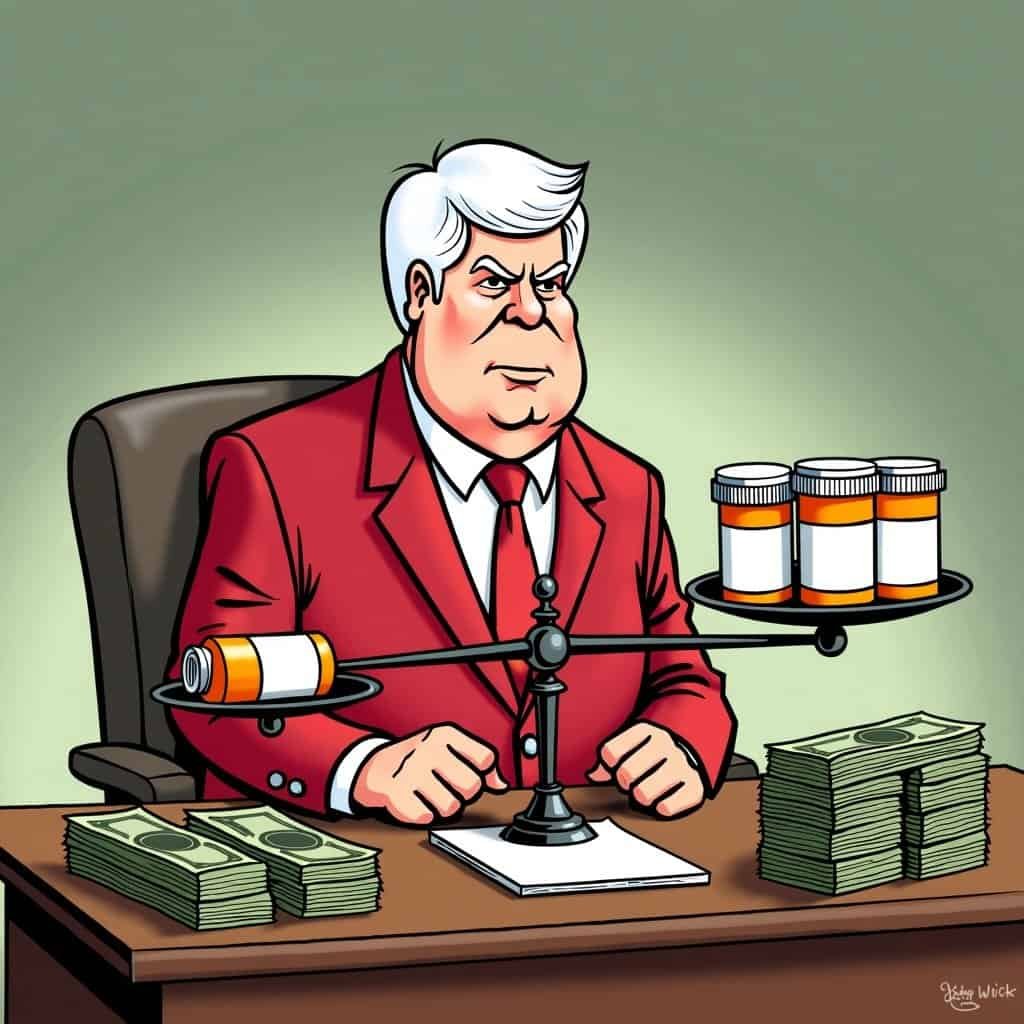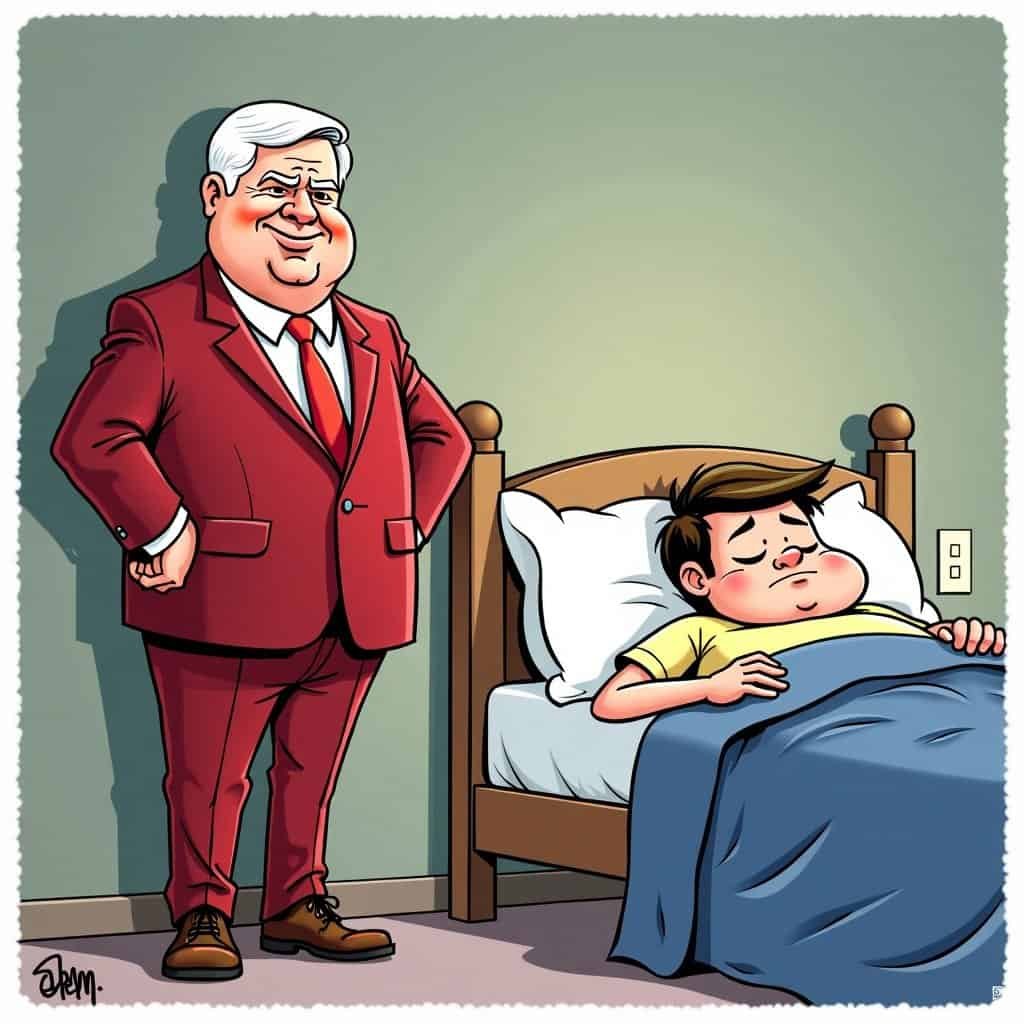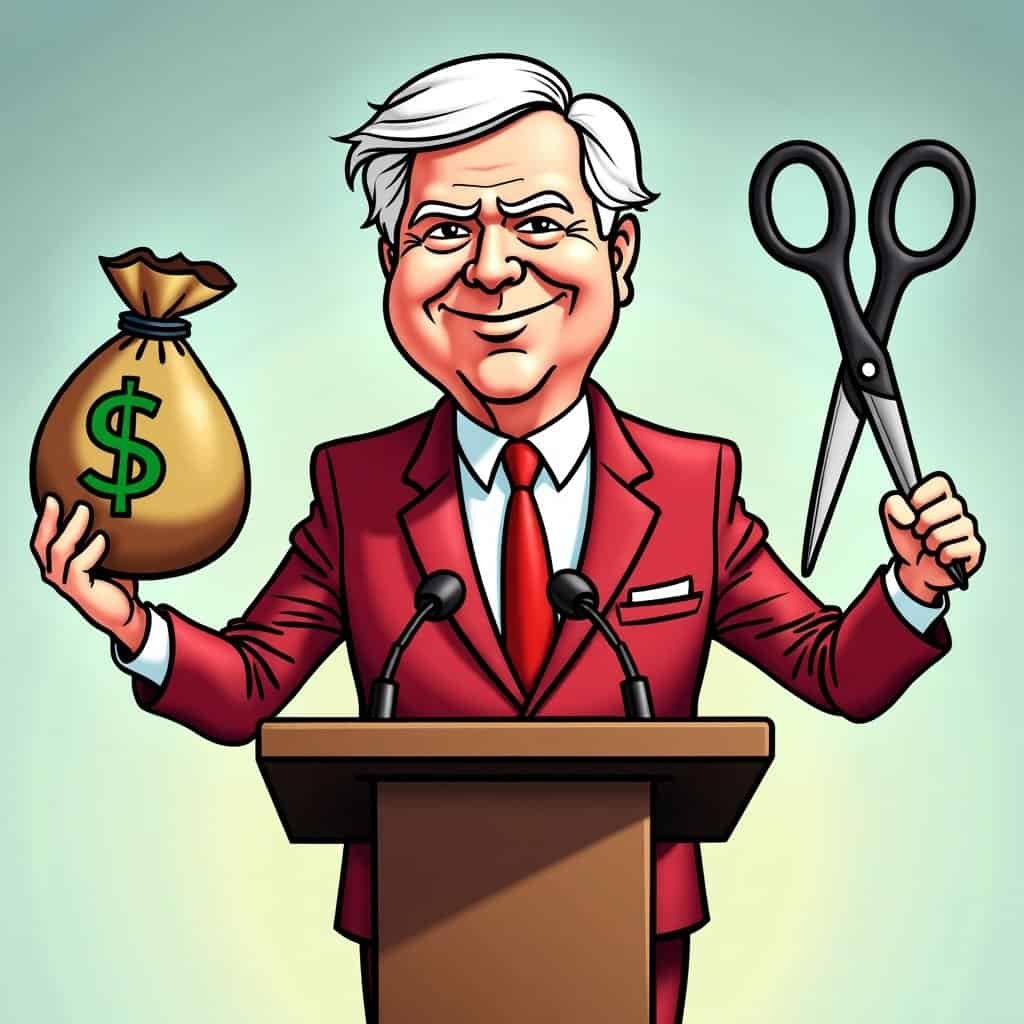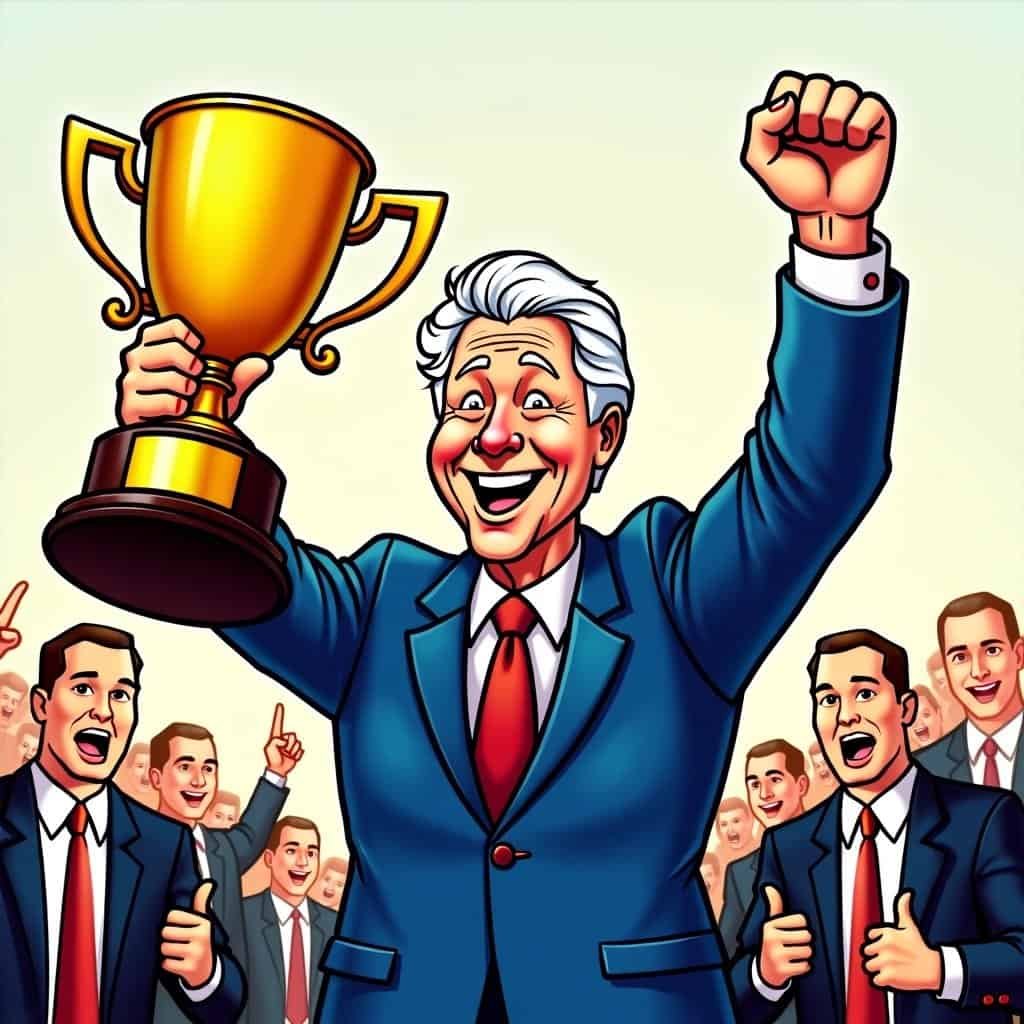Ah, Newt Gingrich – the man who looks like he just left a Thanksgiving dinner, all the time. Our beloved former Speaker Newt has given us loads to talk about, particularly with his escapade into the Medicare Prescription Drug Benefit, a move that echoes louder in history than a Democrat at a free healthcare rally!
Now, friends, before you furrow your brows and think, “Wasn’t that a George Bush thing?” (the junior edition), let me tell you a thing or two about this wondrous invention. The 2003 Medicare Prescription Drug Benefit, or as some affectionately nicknamed it “Medicare Part D,” was an attempt to add some spice—or sizzle, if you will—to the healthcare soup. It was a Republican concoction that aimed to make expensive prescriptions more affordable without raising taxes. Sounds like the stuff of capitalist dreams, right?
Newt’s Vision: A Conservative Approach to Healthcare
This brainchild was another addition to Newt’s grand conservative plan, mixing healthcare with free market principles instead of the progressive tendency to involve the government in everything – including your wallet. Let’s take a look at how this pharmacological fiesta tried to balance fiscal responsibility with Medicare costs.
Part D Promises: Earth, Moon, and Cheaper Pills
Back in ’03 under President Bush’s leadership, Part D promised the world and cheaper pills, while Newt played a supporting role behind the scenes. The goal? To prove that market principles could deliver a healthcare program without turning into a bureaucratic nightmare. Interestingly, it managed to stay under the radar (unlike Newt’s famously loud ties), keeping red tape to a minimum. Or at least, that was the plan.
Key Features of Medicare Part D
- ✓ Private insurers competing to drive down prices
- ✓ More choices for seniors
- ✓ Emphasis on innovation in healthcare delivery
- ✓ Reduced government involvement in healthcare
Conservative Pride: Free Market Healthcare
Here’s where conservatives can take pride: This plan gave seniors who weren’t spending fortunes on prescriptions options—smooth enough for the free market to work its magic. Republicans were counting on private insurers to compete and drive prices down with choice and innovation. Don’t you love it when a plan comes together (or when the government takes a step back)?
Liberal Skepticism: A Government Giveaway?
Yet, let’s not forget the other side of the story. Liberals, bless their hearts, argued that this looked suspiciously like a government-funded giveaway for pharmaceutical companies. They suggested, “Why not embrace a more socialized approach and have the government cover everything?” Thankfully, Republicans were about as receptive to that idea as they’d be to banning apple pie from July 4th celebrations.
Fiscal Reality: Balancing Act or Busted Knee?
Newt’s principles aimed for a balance between supply-demand dynamics while addressing the need for affordable medication. However, whether it resulted in a financial victory or something more like a turkey trot with a twisted ankle is still up for debate.
There was the issue of increased national debt to consider, highlighting a classic conservative dilemma—weighing the appeal of a quick fix against long-term fiscal responsibility. Gingrich came from a time when big plans needed big performances to match political ambitions. But like any good show, it brought both applause and raised eyebrows from across the aisle.
Medicare Part D: Pros and Cons
| Pros | Cons |
|---|---|
| Increased access to prescription drugs | Potential increase in national debt |
| Promoted market competition | Complexity for some beneficiaries |
| Reduced out-of-pocket costs for many seniors | Possible windfall for pharmaceutical companies |
Conclusion: A Conservative Roller Coaster
In the end, the Medicare Prescription Drug Benefit serves as a fascinating chapter showing how conservative values tried to control costs, meet constituents’ needs, and limit government involvement—all while staying true to free market principles. Was it perfect? Does perfection even exist outside of a flawless apple pie crust?
So here’s to Newt Gingrich and the wild ride known as Medicare Part D—a piece of legislation forever teetering between brilliant and bonkers.
Table of Contents
- Newt’s Vision: A Conservative Approach to Healthcare
- Part D Promises: Earth, Moon, and Cheaper Pills
- Conservative Pride: Free Market Healthcare
- Liberal Skepticism: A Government Giveaway?
- Fiscal Reality: Balancing Act or Busted Knee?
- Conclusion: A Conservative Roller Coaster






